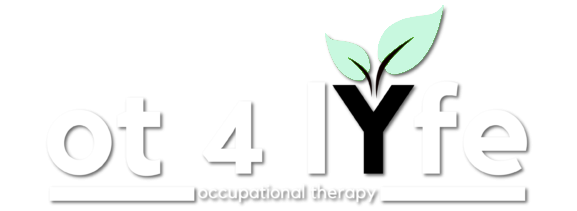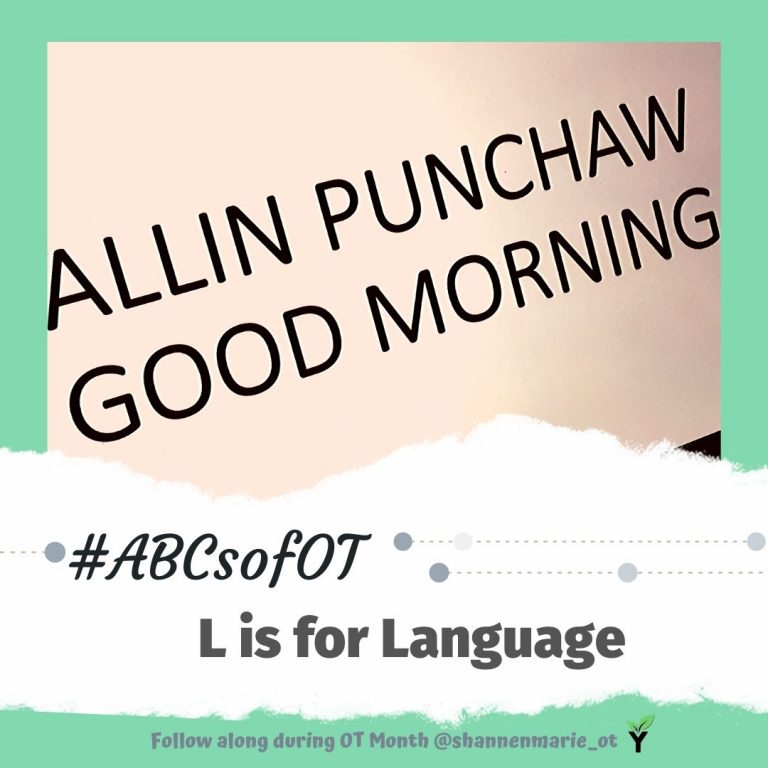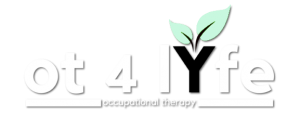Language is so important within the profession of occupational therapy because it ultimately is how we communicate with our clients, their families, healthcare providers and other professionals, students, supervisors, colleagues, pretty much anyone that we come in contact with throughout our day.
Most people think about language as how and what you speak, but when thinking about language we also have to consider body language, sign language, or any adapted way that people communicate.
Language is imperative for us to be able to do our jobs.
This picture was taken when I was volunteering in Peru and required a translator to help me communicate with the clients and their families. Not only did I need a translator from English to Spanish, but some of the clients needed further translation into their indigeous language, Quechua.
One day, one of the volunteers decided it was important to assist the medical staff in learning some simple Quechuan phrases and would periodically walk around the facility to show us a sign with the phrase written in Quechua and then in English.
The rest of the volunteers would then take a minute to practice saying the word. I can’t tell you how saying a simple phrase like “Allin Punchaw” aka “Good Morning” to a client when first greeting them made their eyes light up and start smiling.
Do you have a story about how language helped you as a practitioner? Share it in the comments.


